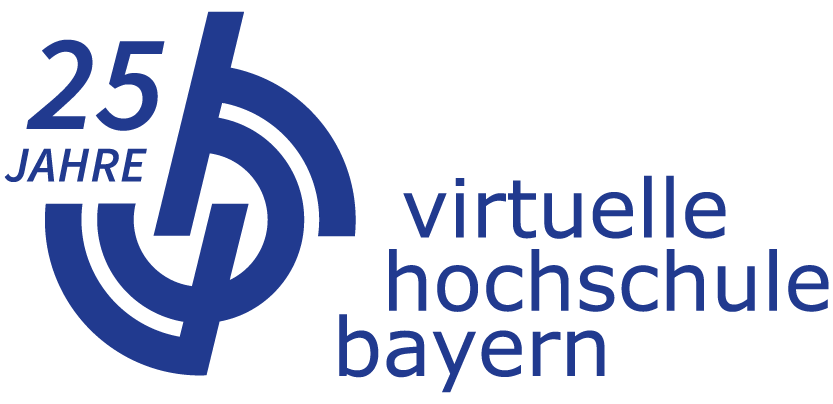Building Confidence in Statistics
Building Confidence in Statistics
| Angeboten von: | Prof. Dr. Thomas Spittler | ||
| Anbietende Hochschule: | TH Deggendorf | ||
| Kurssprache: | Englisch | ||
| Wissensgebiet: | Einstiegskurse | Kostenfrei | |
| Durchschnittliche Bearbeitungszeit: | 20 Stunden | Kostenfrei | Einschreiben |
| Bildnachweis: Ken Heather | |||
Was können Sie in diesem Kurs lernen?
The students will ...
- ... learn how statistical data is presented; be able to appreciate the value and limitations of statistics; recognise frequency distributions; understand what is meant by extrapolation (unit 2)
- ... know what is meant by the terms ‘mean’, ‘median’ and ‘mode’; be able to calculate different kinds of measures of ‘central tendency’; understand the concepts of the standard deviation and variance; be able to understand the Chebyshev theorem (unit 3)
- ... be able to distinguish between possibilities and probabilities; know the meaning and significance of the Law of Large Numbers; understand the idea of conditional probability; appreciate the meaning of mathematical expectation (unit 4)
- ... know what a normal distribution means and know what its properties are; be aware of the link between the normal distribution, the mean and the standard deviation; appreciate the importance of a z-score and be able to use the concept to understand ideas about probability; understand the idea of skewed distributions (unit 5)
- ... know what the main sampling techniques are; understand confidence intervals and confidence limits; understand the Chebyshev Theorem; appreciate the importance of the Central Limit Theorem (unit 6)
- ... know what is meant by hypothesis testing; be able to test a hypothesis about a population mean; know what is meant by Type One Errors and Type Two Errors; appreciate the significance of One and Two Tail Hypothesis Tests (unit 7)
- ... understand what is meant by correlation; be able to calculate a correlation coefficient using a suitable formula; understand what is meant by regression; be able to interpret the results of a regression (unit 8)
- ... be familiar with the meaning and use of index numbers; be able to calculate index numbers including rebasing; be able to assess the advantages and disadvantages of the Human Development Index; understand the principles of Index Linking (unit 9)
Gliederung
1. Introduction to the Course
2. Summarising Data
3. Central Tendency
4. Probability and Expectation
5. The Normal Distribution
6. Sampling
7. Hypothesis Testing
8. Correlation and Regression
9. Index Numbers
10. Conclusion to the Course
Angeboten von

Prof. Dr. Thomas Spittler
Vice Dean at the Technical University Deggendorf, Faculty European Campus Rottal-Inn, Pfarrkirchen, Germany
Head of the Health Informatics Program
Core competencies: Digitalization in healthcare, eHealth, Data analytics and applied artificial intelligence, health services research
Weitere Mitwirkende

Ken Heather
lectures in Economics and Business at the University of Portsmouth in the UK. He has taught in various European Universities and in the USA. He is the author of a number of books in Economics. He has written and produced a large number of films in Economics, Statistics and Mathematics.
Other Course Developers:
You can find all the people involved in the course development in the first chapter of the course ("1. Introduction to the course", Lesson 2).
Zielgruppe
Our course is designed for anyone who wants to check their knowledge of basic statistics or for anyone who is unsure and wishes to build their confidence in such basics so that they feel ready to handle a course in first year statistics for non-specialists at college or university.
We do not assume anything beyond elementary school mathematics. However, you may also like to check out our parallel OPEN vhb course: ‘Building Confidence in Mathematics’.
We do assume that you have a reasonable grasp of basic English. It does not matter if you are unsure of any statistical terms in the English Language. When you meet such terms in the course they will be explained to you and the course contains a glossary with all of them clearly and simply defined.
Each unit has its own glossary and there is a master glossary at the very end of the course in unit ten.
Bescheinigung der Teilnahme
In this course you can be awarded a certificate of participation. Please go through the entire ten units and answer 80% of all tests and questions correctly.
